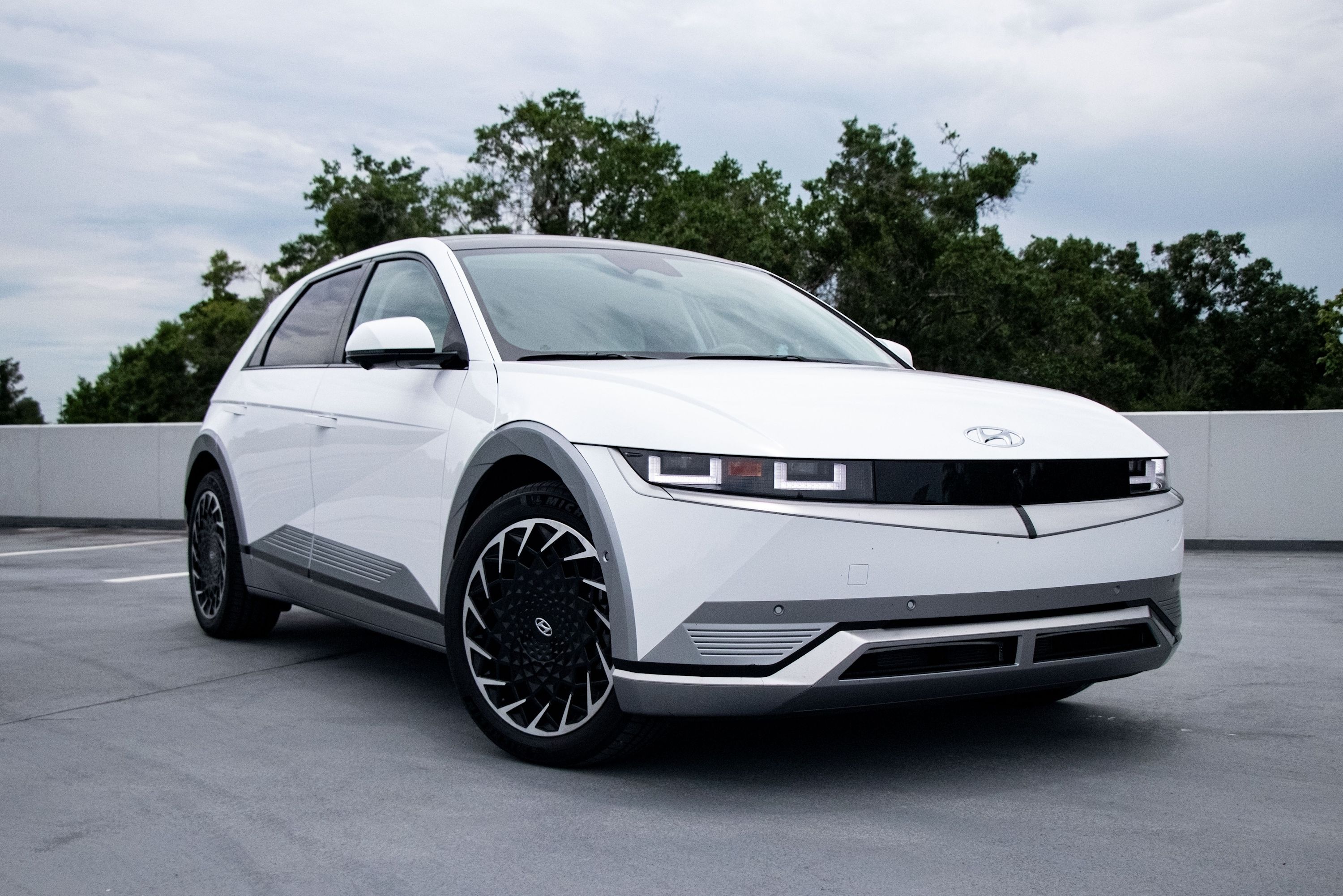
While automakers scamper to electrify their lineups, a certain Korean marque seems to have even loftier ambitions. Michael Cole, chief executive of Hyundai's European operations, made it clear that he expects urban air mobility to become a reality towards the end of this decade. Put another way, Cole seems confident that flying cars will exist as more than just a figment of our childhood imaginations. This is more than just a shot in the dark because last year, Hyundai said it was pushing hard to complete the development of its own flying car. 2020 was also the year that saw the PAL-V Liberty flying car become certified as street legal in Europe.
"We think that by the latter part of this decade certainly, urban air mobility will offer [a] great opportunity to free up congestion in cities, to help with emissions, whether that's intra-city mobility in the air or whether it's even between cities," said Cole when speaking at a recent conference by the Society of Motor Manufacturers and Traders.
Cole further confirmed that Hyundai had made large investments in urban air mobility. Hyundai has also played a role in the UK's first airport that doesn't have a runway, suitable for aircraft that can take off and land vertically. It is slated to open in Coventry before the end of the year.
With legislation still limiting the implementation of certain autonomous driving technologies in certain regions around the world, it could be a long time before you can take a quick flight into the office but with a company of Hyundai's stature committing to the concept - as is Volkswagen - perhaps it's not as far off as it sounds.
Back on solid ground, Hyundai continues to innovate as well. The dramatic Ioniq 5 battery-electric car has been revealed and the company is still forging ahead with hydrogen-powered vehicles. The future looks good and we may soon be viewing it from above.
